Zamani Kafang of Nigeria said he’s the product of American Christians who shared Christ with his nation and brought him to America to study.
He now needs assistance once again.
“I personally know 20 pastors who have been killed and 2,000 churches have been destroyed in my country in the past 10 years,” Kafang explained. “Radicalized Muslims are persecuting us, and we need America — the champion of freedom — to pressure our government to help us.”
Kafang and members of the International Committee on Nigeria — based in Falls Church, Virginia — spoke May 22 at the Church at Shelby Crossings in Calera. He noted he is in America until October, working with ICON to help raise awareness of the plight of Nigerian Christians. His son, A. Jay Kafang, is a member of Shelby Crossings.
The elder Kafang was educated at Trinity Evangelical Divinity School in Deerfield, Illinois, earning a master of arts degree, M.Div.and Ph.D. He teaches Old Testament and Hebrew at Kaduna State University in Kaduna, Nigeria.
Religious divide
Kafang said Islam was introduced to Africa in the 11th century, but what he called “jihad” began in 1804 and accelerated after Nigerian independence was declared in 1960.
“My country is roughly divided 50 — 50,” he noted. “Half the nation is Islamic and half is Christian. But Christians face persecution in employment, admissions and promotions, and sometimes the enemy kills believers and destroys entire villages.”
Kafang said of the 54 nations in Africa, Nigeria is the most populous with some 200 million people in a space the size of Texas. He called Nigeria the world’s largest “killing ground.”
“More people have been killed in Nigeria than in Ukraine,” Kafang said. “Some 350,000 Christians have been killed since 2009.”
The “enemy” includes Boko Haram, Fulani militants and the Islamic State’s West Africa Province, or ISWAP, Kafang noted, though he commonly refers to persecutors as radicalized Muslims or terrorists.
“Sometimes the police will guard churches and sometimes not,” he said. “When they hear gunfire they often do not go to investigate or to help. They say the terrorists have more powerful guns than they do. The terrorists have AK-47s and AK-49s and machine guns.”
Kafang noted the radicals occasionally are arrested but get what he called “a soft landing,” often being quickly released.
“The government tells us they’re doing all they can do,” he said. “They call it ‘deradicalization,’ but it’s not enough. Nigeria is a republic, and we have rights. We pay taxes but nobody listens to us.”
Noting not all Muslims in Nigeria are radicalized, Kafang said, “Some more moderate Muslims have risen up to protect us, and some Muslims have come to Christ.”
Committed to evangelism
Despite dire conditions, Nigerian churches are committed to evangelism, Kafang said.
“We send our students to start churches in the villages, and our nation sends missionaries all over Africa,” he explained. “If my country can be saved, there is hope for other African countries.”
ICON president and co-founder Stephen Enada of Jonesboro, Georgia, said one positive result of the persecution is that people are flocking to churches, and he’s seen Christians gathering to worship in burned-out ruins.
“There is an increase of activity in our churches as people come together and pray,” he noted.
Enada asked Americans to lobby Congress to intervene on behalf of religious freedom.
“Nigeria was included by the State Department on their list of ‘Countries of Particular Concern’ until last November,” he said. “We don’t know why we were removed. The CPC designation means America must acknowledge its treaty obligation.
“Since your country gives us $5 billion in aid every year, American influence can make a difference.”
The ICON website provides suggestions for letters and email messages to members of Congress.
“We need your voice since ours is so small,” Kafang said.
“In Nigeria, it’s five minutes until midnight,” Enada added.
For more information visit iconhelp.org. Enada can be reached at Stephen.Enada@iconhelp.org.

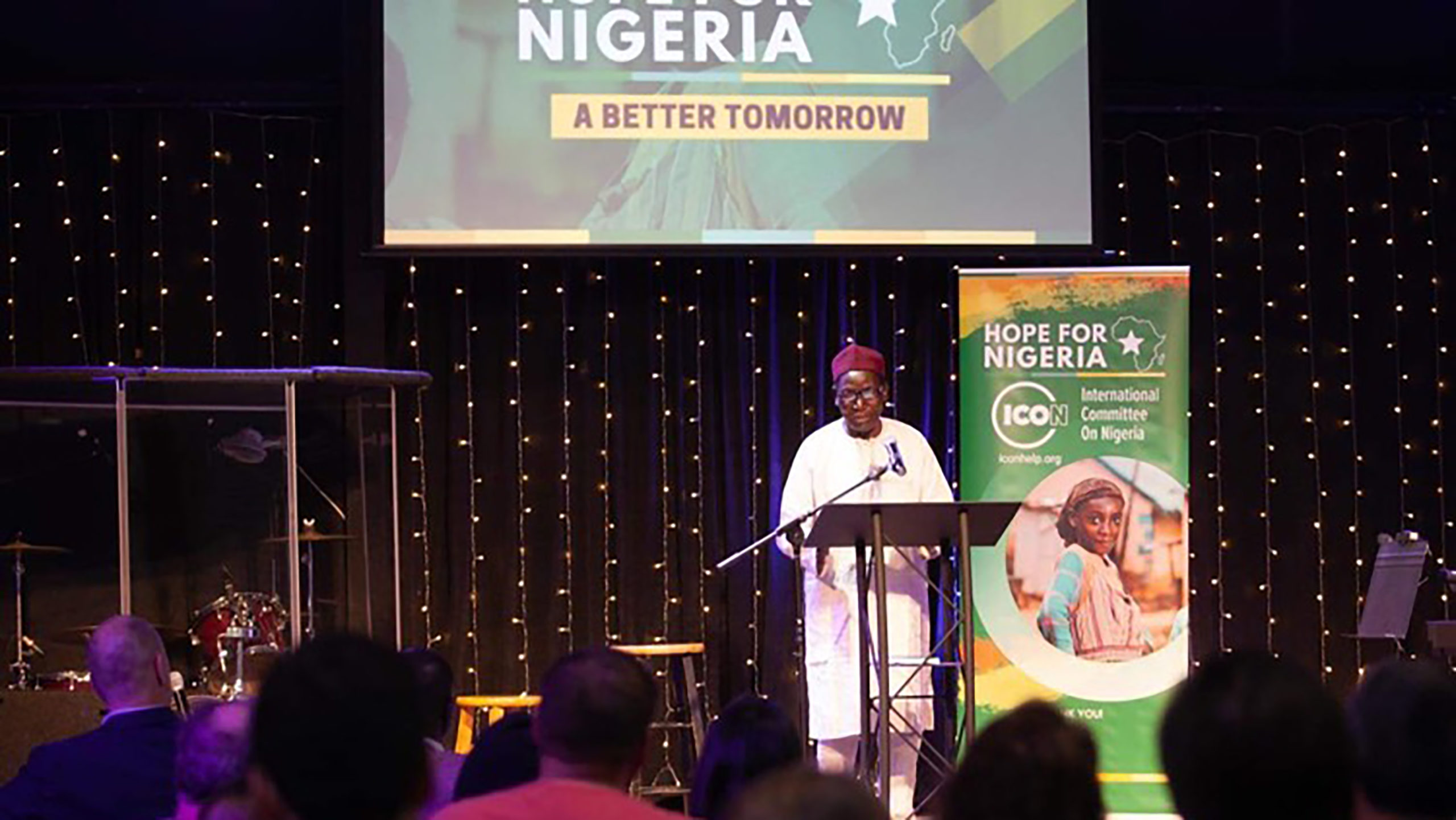
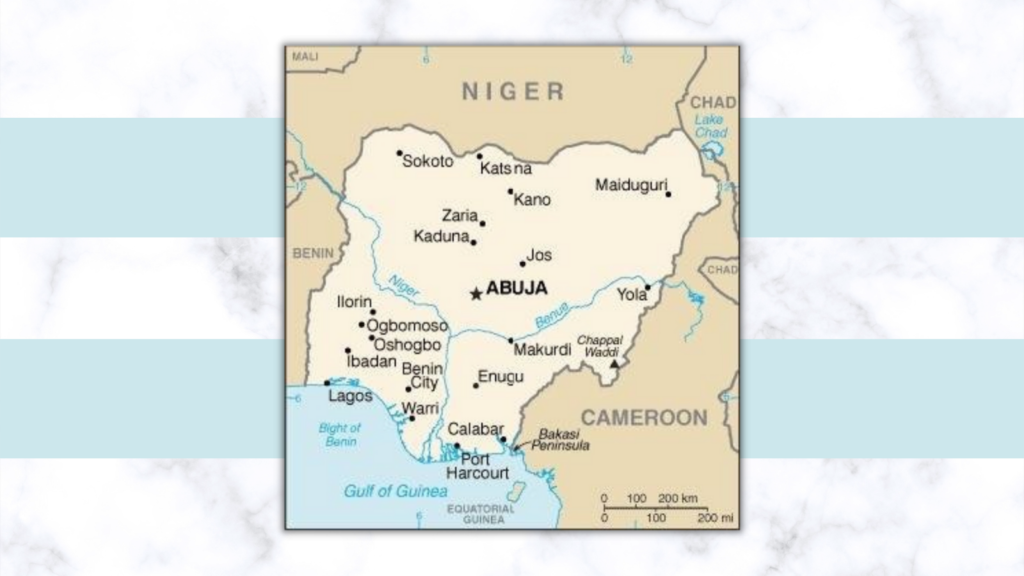
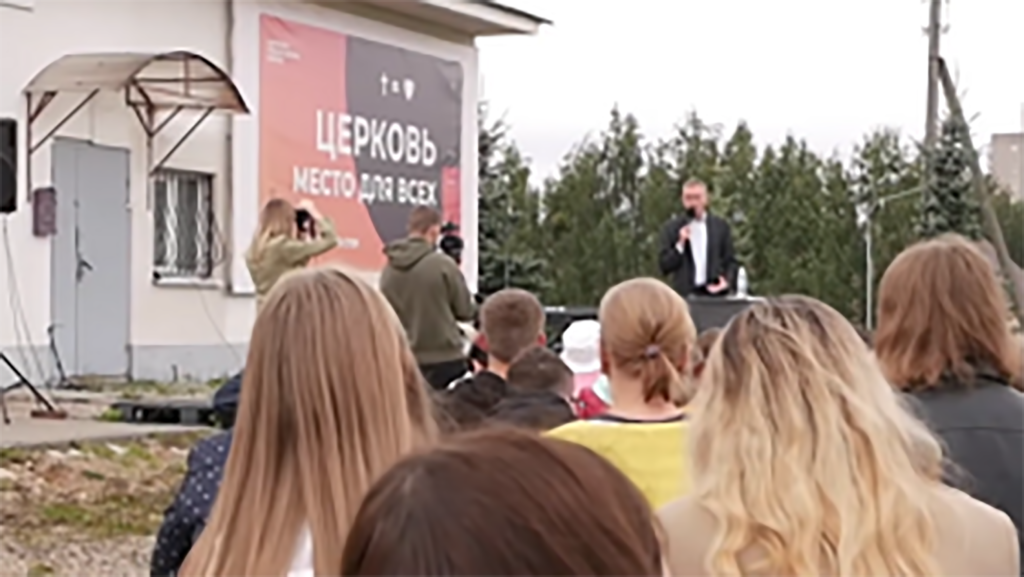
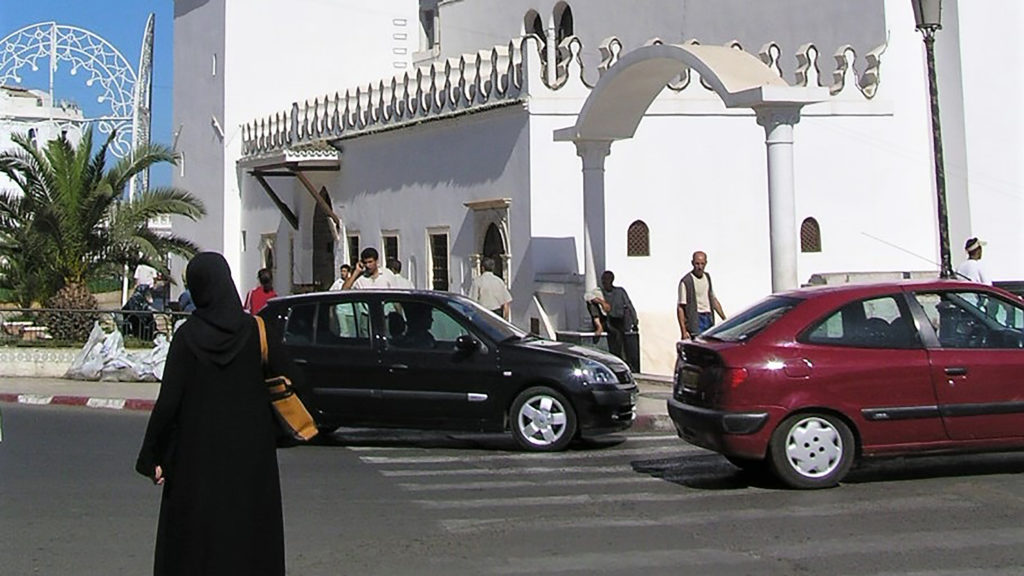
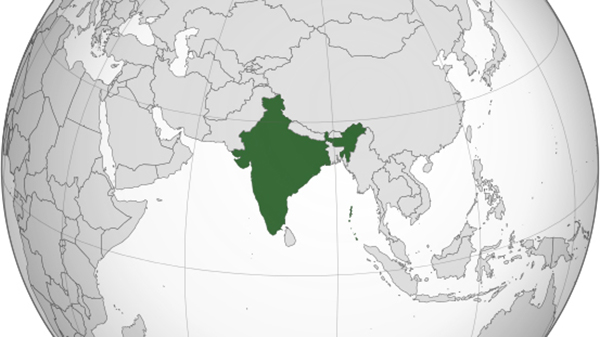
Share with others: